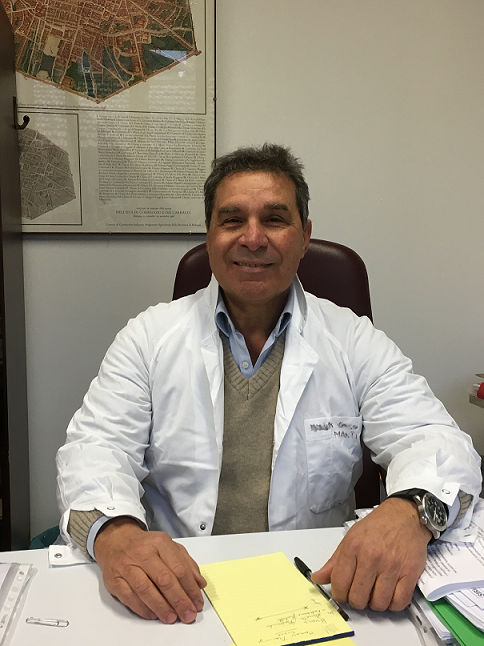Guest Editors
Prof. Federico Licastro
Email: federico.licastro@unibo.it
Affiliation: Department of Experimental, Diagnostic and Specialty Medicine (DIMES), University of Bologna, 40126 Bologna, Italy.
Homepage:
Research Interests: Genetic and immunology of aging brain, virus infections in neurodegeneration, prevention protocol of cognitive decline.

Summary
Neurodegenerative diseases (NDDs) are major public health challenges and significantly impact patients and their families. The NDDs, such as Alzheimer's disease, Parkinson's disease, multiple sclerosis and amyotrophic lateral sclerosis, are characterized by the progressive loss of neurons, leading to severe cognitive and motor impairments. In recent years, extensive research has revealed new insights into cellular and molecular mechanisms underlying NDDs. Moreover, recent data have linked NNDS clinical development to new and previous under-estimated etiological mechanisms which are promising innovative therapeutic approaches.
This special issue aims to present and discuss the latest research on the cellular and molecular mechanisms driving NDDs, discussing disease pathogenesis and therapeutic possibilities. The issue will cover a diverse array of topics, including but not limited to:
- Pathological Protein Aggregation: the molecular basis of protein misfolding and aggregation in NDDs, focusing on proteins like alpha-synuclein, tau, and beta-amyloid.
- Cellular Dysfunction: the impact of NDDs on synaptic and neuronal network function, cytoskeletal abnormalities, disrupted proteostasis, and altered energy homeostasis.
- Genetic and Molecular Factors: the genetic and biochemical pathways that contribute to NDDs, including defects in DNA and RNA, inflammation, and oxidative stress.
- Neuroinflammation: the role of neuroinflammation in Alzheimer's disease and other NDDs, emphasizing mechanisms and clinical applications.
- Gut-Brain Axis: the influence of gut microbiota, particularly the role of gastrointestinal disbiosis, on the pathogenesis of NDDs.
- Molecular Mechanisms: cellular and molecular mechanisms underlying neuroinflammation and disease progression in NDDs, with a specific focus on the role microglia and astrocytes.
- Infectious agents; the possible role of exogenous and endogenous microorganisms in the pathogenesis and clinical progression of NDDs.
We invite contributions from researchers, scientists, as well as experts in neurodegenerative diseases and cell biology. Submissions may include original research articles, reviews, and perspectives. This special issue will be a valuable resource for the scientific community, compiling recent advancements and insights in the field of NDDs. By focusing on the complex and multiple mechanisms involved in NDDs, we aim to promote progress for prevention, treatment and clinical interventions which will significantly improve the lives of patients affected by these diseases.
Keywords
Neurodegenerative disorders (es. Parkinson’s disease, Alzheimer’s disease), protein aggregation, cellular dysfunction, genetic and molecular factors, infectious agents, retrovirus, neuroinflammation, neurotoxicity, oxidative stress, omics, biomarkers, anti-inflammatory agents, neuroprotection by drugs, natural products and bioactive compounds
Published Papers